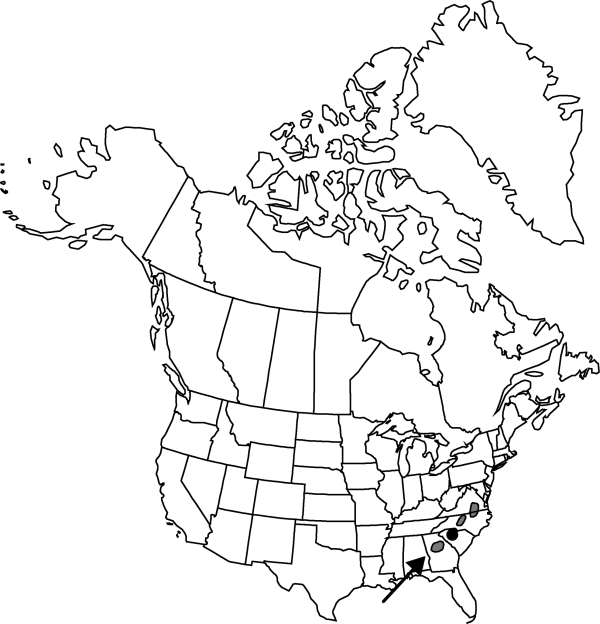Difference between revisions of "Portulaca smallii"
in N. L. Britton et al., N. Amer. Fl. 21: 335. 1932.
FNA>Volume Importer |
imported>Volume Importer |
||
| Line 6: | Line 6: | ||
|place=21: 335. 1932 | |place=21: 335. 1932 | ||
|year=1932 | |year=1932 | ||
| + | }} | ||
| + | |special_status={{Treatment/ID/Special_status | ||
| + | |code=E | ||
| + | |label=Endemic | ||
}} | }} | ||
|basionyms= | |basionyms= | ||
| Line 45: | Line 49: | ||
|publication title=in N. L. Britton et al., N. Amer. Fl. | |publication title=in N. L. Britton et al., N. Amer. Fl. | ||
|publication year=1932 | |publication year=1932 | ||
| − | |special status= | + | |special status=Endemic |
| − | |source xml=https:// | + | |source xml=https://bibilujan@bitbucket.org/aafc-mbb/fna-data-curation.git/src/bb6b7e3a7de7d3b7888a1ad48c7fd8f5c722d8d6/coarse_grained_fna_xml/V4/V4_1018.xml |
|genus=Portulaca | |genus=Portulaca | ||
|species=Portulaca smallii | |species=Portulaca smallii | ||
Revision as of 23:12, 27 May 2020
Plants annual; roots fibrous. Stems prostrate to suberect, 2–15 cm; trichomes conspicuous at nodes and in inflorescence. Leaf blades linear to lanceolate, terete to hemispheric, 4–15 × 0.5–3 mm, apex subacute to subobtuse; involucrelike leaves 7–10(–12). Flowers 6–12 mm diam.; petals medium pink to almost white, oblong-elliptic, 3–5 × 1.5 mm, apex acute; stamens 8–13; stigmas 4–5. Capsules subglobose, 2–3.5 mm diam. Seeds black or leaden, elongate, flattened, 0.6–0.8 mm; surface cells stellate, tuberculate. 2n = 18.
Phenology: Flowering late spring–early fall.
Habitat: Shallow sandy soils of granitic outcrops
Elevation: 200-300 m
Distribution

Ga., N.C., S.C., Va.
Discussion
Portulaca smallii has been considered a species of recent origin on granite outcrops. D. J. Cotter and R. B. Platt (1959) suggested that it is derived from P. pilosa, particularly considering the chromosome number of 2n = 16 reported by E. Steiner (1944) equaling that of P. pilosa. J. F. Matthews et al. (1994) examined that population of P. smallii researched by Steiner and found the chromosome number to be 2n = 18. This new determination, along with the lighter petal color, larger seed size, and distinct habitat, separates this species from P. pilosa.
Selected References
None.